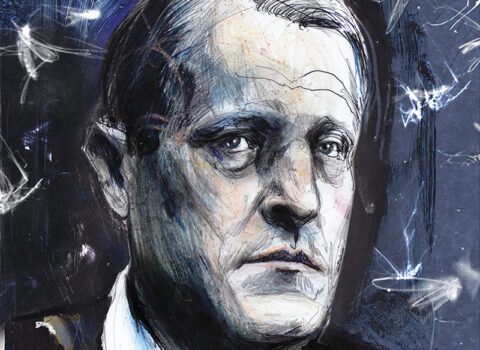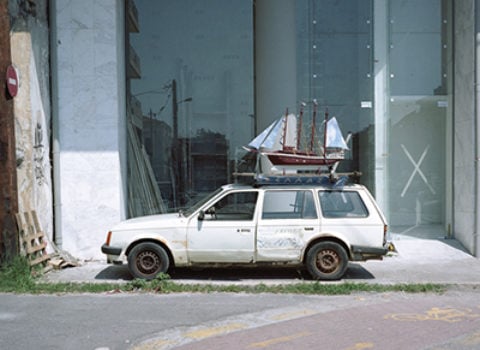By Francine Prose, from Lovers at the Chameleon Club, Paris 1932, published in April by Harper. Prose is a contributing editor of Harper’s Magazine.
I don’t want to name-drop, but Picasso told me a story. One night, I ran into him at a café. It was four in the morning. I assumed he couldn’t sleep either. By then it was unusual for him to appear without his entourage. We remarked on this and chatted about the pleasures of solitude. He invited me to sit down.
Picasso said that there used to be a guy who sat alone every night…

















































































































